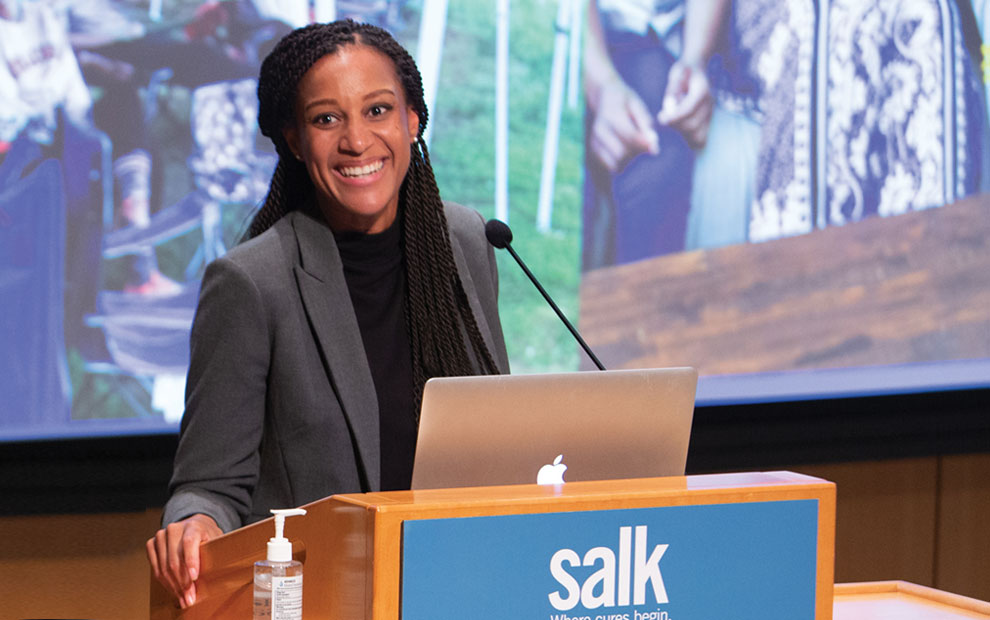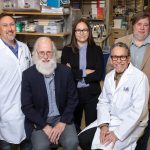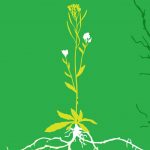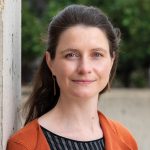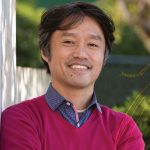Christina Towers
On December 1, 2021, Salk Women & Science celebrated its 10-year anniversary of engaging women in the community with leaders in biological science and technology.
This year’s event was held in honor of Swati Tyagi, a postdoctoral researcher in the Hetzer lab who was tragically killed in June 2021. A Women & Science endowed fund has been established in her name.
In addition, the Salk Women & Science Special Awards were presented. Every year, the awards provide crucial support to graduate students and postdoctoral researchers to pursue high-risk, high-reward research in stages too early to attract traditional funding. The awards support future scientific leaders who will also actively encourage women and girls in science.
2021 Salk Women & Science Awardees
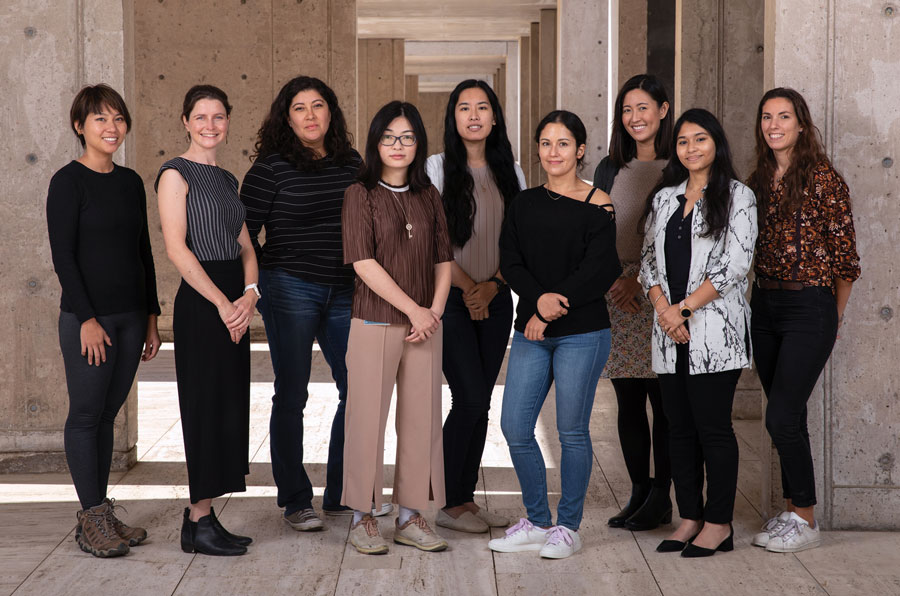 Awardees pictured above starting from left.
Awardees pictured above starting from left.
Ying Sun
Busch Lab
Identify the genes and regulatory factors that control root growth in legumes—ultimately to optimize roots that capture excess carbon dioxide from the atmosphere
Helen McRae
Hargreaves Lab
Profile epigenomics—chemical changes to the genome—in tumor-associated immune cells called macrophages
Veronica Scerra
Reynolds Lab
Develop new methods to probe changes in synapses—connections between neurons—that could play a role in neurological diseases
Xiaochun Cai
Jin Lab
Discover how two brain regions, the thalamus and striatum, work together to control the way animals perform actions in sequence
Wen Mai Wong
Chalasani Lab
Characterize ultrasound-sensitive proteins from single-celled organisms for use in sonogenetics—a new method for activating cells with sound waves
Katia Troha
Ayres Lab
Determine how amino acid supplementation promotes renal growth to increase survival of infection
Nuttida Rungratsameetaweemana
Sejnowski Lab
Determine how neurons work together to take in sensory information and form a schema—a conceptual picture of a task or environment, which can help shape future learning
Payel Mondal
Towers Lab
Use new light-based tools to inhibit autophagy—the process cells use to remove and recycle their “junk”—and visualize the resulting metabolic changes over time
Suzanne Dufresne
Towers Lab
Investigate how cancer cells can survive and bypass the deletion of autophagy—the way cells remove and recycle their “junk”—in animal models, and how we might treat it

















































